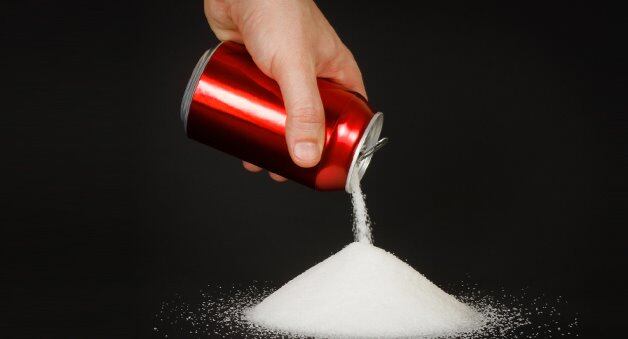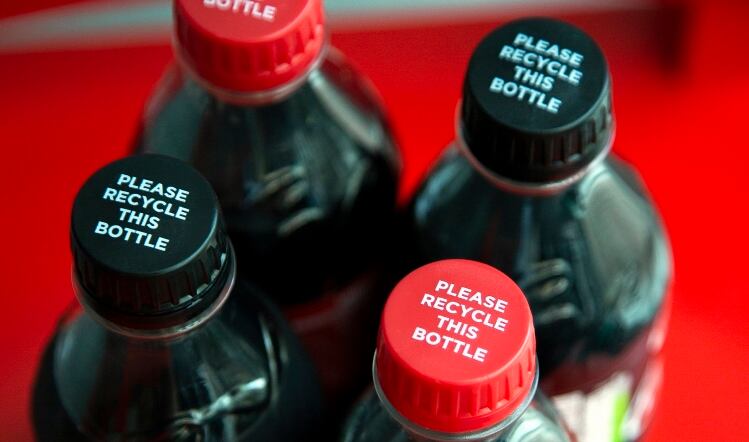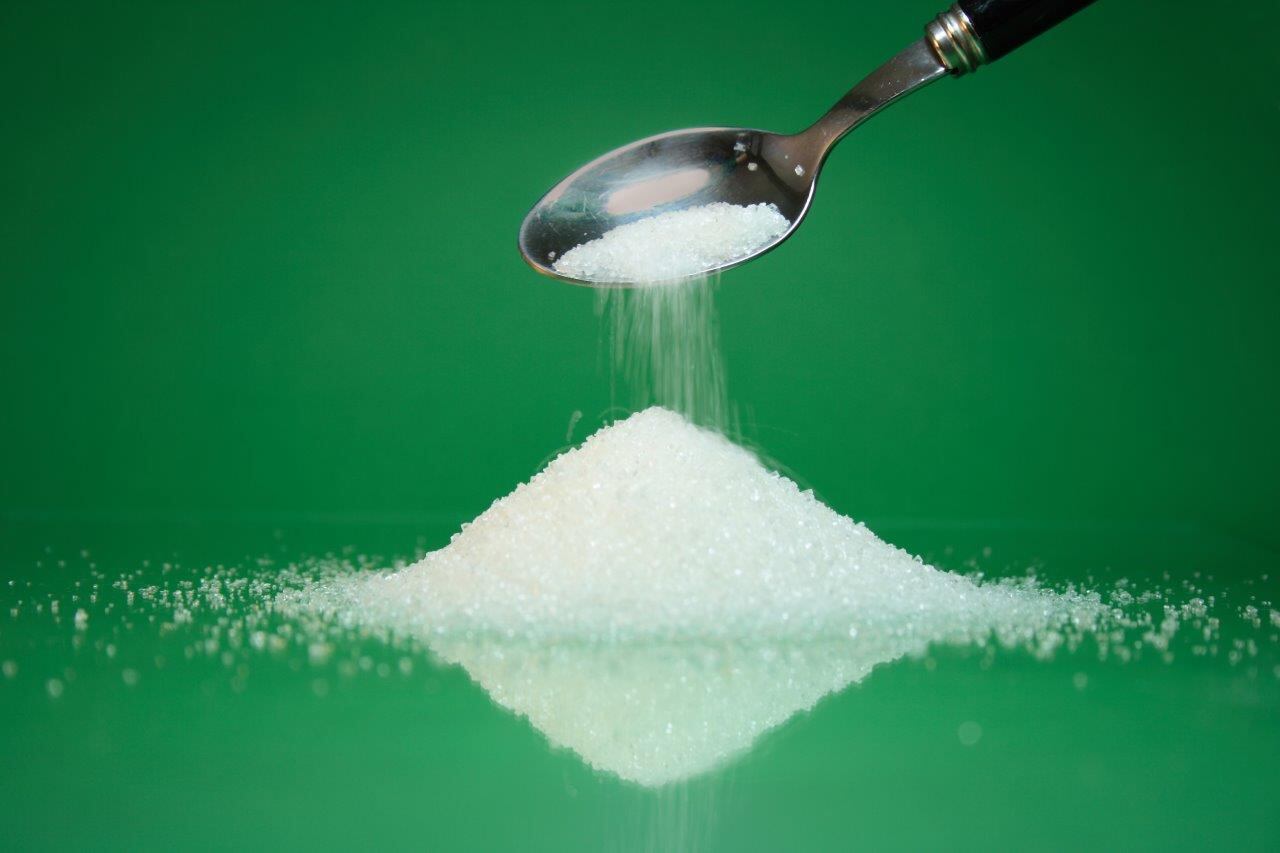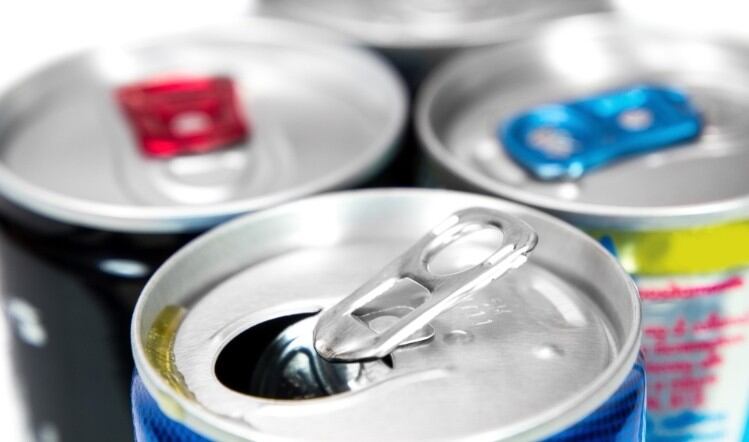The National Institute of Health Research (NIHR) funded researchers who said that that fiscal interventions such as the Soft Drinks Industry Levy (SDIL) “can be a useful and effective tool for improving the population’s diet”.
The new study found the changes in drink formulation brought about by the soft drinks tax were much greater than achieved by voluntary industry initiatives. It said that just 15% of drinks were still liable for the levy by February 2019, but prior to the announcement of the levy this was 52%.
The research said the biggest changes in drink formulation happened just before the implementation of the levy. In the 100 days either side of the levy’s implementation in April 2018, 11% of the eligible drinks changed sugar content, so that they were not liable.
Higher Prices
However, price analysis showed that, for branded drinks, around half of the levy was passed on to consumers in higher prices, while lower-levy drinks reduced in price.
Dr Peter Scarborough, associate professor at the Nuffield Department of Population Health at the University of Oxford, said: “It is vital that public health interventions are evaluated using robust methods, so that we can discover what is effective at preventing ill health. The levy is an important policy as it both reduces the sugar level of many drinks and increases the prices of high-sugar drinks, helping the public to make healthier choices.”
Katharine Jenner, nutritionist at Action on Sugar, said: “It is disappointing that around half of companies have passed the cost of the levy on to the consumer. The levy should be paid for by the manufacturer and revenue ring-fenced by HM Treasury to provide much-needed funding to children’s health services.”
Broaden Products
However, Gavin Partington, director general of the British Soft Drinks Association, has said that the industry had already been working towards cutting sugar from its products.
“As an industry, we have long been trying to broaden the products that are on offer to consumers, in line with changing tastes and preferences. Even in 2011, low- and no-calorie drinks accounted for 61% of sales in the UK soft drinks market [Global Data],” said Partington.
“That figure has increased every year since then and stood at 65.3% in 2018. While we acknowledge that the SDIL has steered parts of the sector to move further and faster on sugar reduction, between spring 2012 and spring 2016, prior to the announcement of the levy, UK soft drinks manufacturers cut sugar from their products by 15.6% [Kantar Worldpanel].”
The NIHR’s Public Health Research (PHR) Programme funded the research, which was led by teams at Oxford and Cambridge Universities, London School of Hygiene and Tropical Medicine, Exeter, Warwick and Bath Universities.
In the Britvic Soft Drinks Review in 2018 it revealed that the SDIL helped boost sales for the sector.




